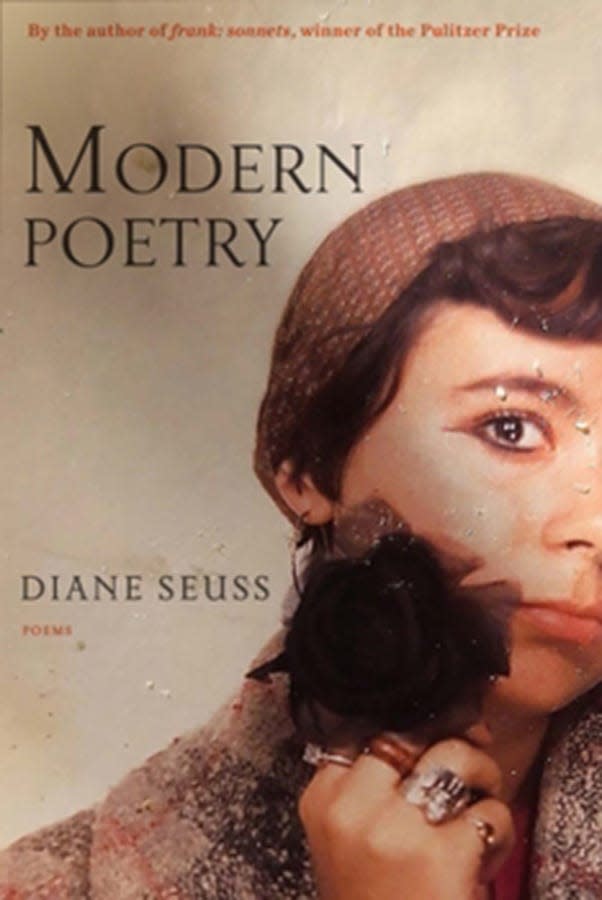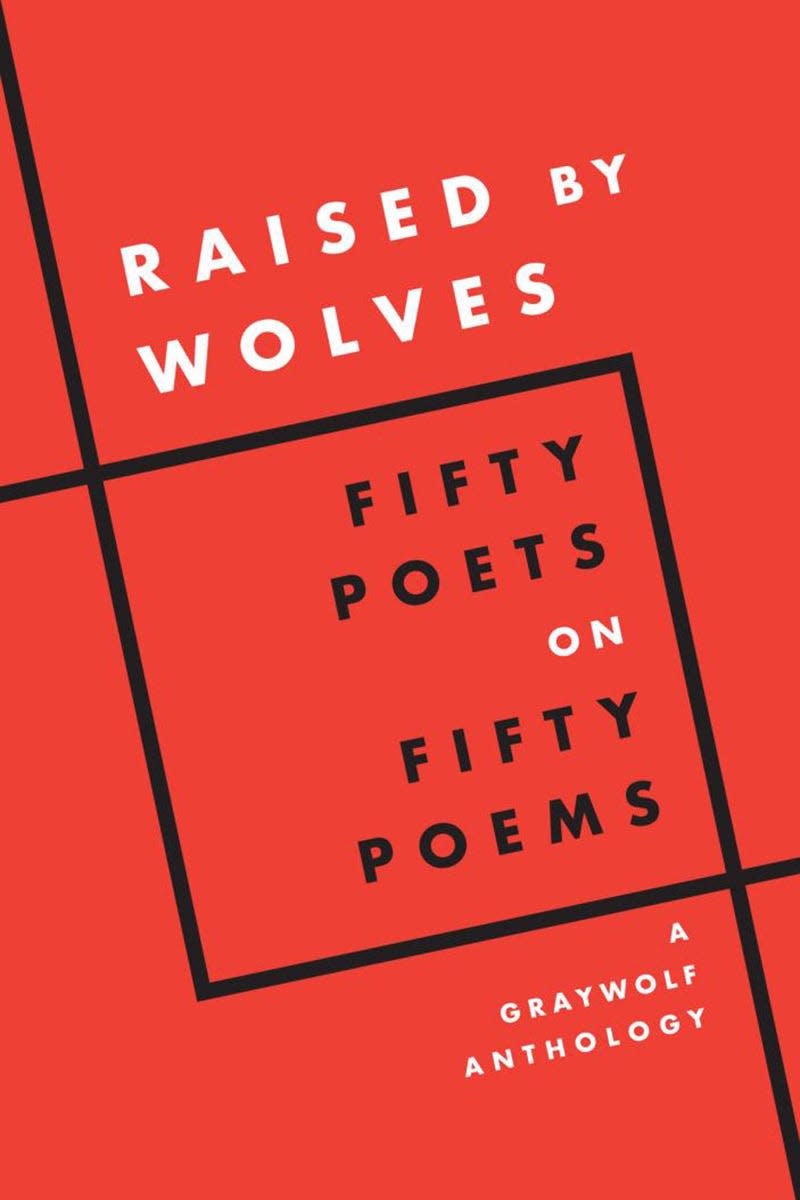Literate Matters: Modern poetry and more

- Oops!Something went wrong.Please try again later.
Never one to miss out on National Poetry Month, I’m currently pages deep into several new collections that I’d like to recommend before this cruelest of months comes to an end.
First up is a reissue from Princeton University Press of W.H. Auden’s “The Shield of Achilles,” winner of the 1956 National Book Award.

The poems here reflect Auden’s orientation toward the physical world, as he embraces the spiritual component of community with other living beings, human or otherwise.
“Bucolics,” for example, finds Auden building foundations not only on landscapes but also on other natural phenomena, like “Winds” that “make weather” before they “set Your poplars a-shiver,” but also point out how “At his holy insufflation…One bubble-brained creature said–/ ‘I am loved, therefore I am.’ We are together in a holy communion of design.
In the title poem, Auden invokes Thetis, mother of Achilles, who notices on her warrior-son’s shield the trouble of a shared future, as “the shining metal/ Where the altar should have been” reveals instead “Barbed wire” enclosing “an arbitrary spot” where “three pale figures were led forth and bound/ To three posts driven upright in the ground.” She cries out “in dismay” at the sight of this crucifixion, bearing witness to her son, “Iron-hearted man-slaying Achilles/ who” also “would not live long.”
If you’re searching for something more recent and a little closer to home, check out Diane Seuss’s new collection “Modern Poetry.”

Winner of the Pulitzer Prize for 2021’s “Frank: Sonnets,” Michigan native Seuss is back with poems that backlight the sometimes stunning nature of the quotidian, at the same time tracing the route from observation to perception.
In “My Education,” for instance, Seuss’s autodidactic background is “a cobbled house…welded crookedly, crudely, but cleverly,” both the metaphor as well as the alliteration underlining the foundation of her “direct experience.”
She read Dickinson, Conrad, and Keats, she explains, not out of obligation or expectation but rather a yearning, making her poems “products of lifelong observation” and though “Built on the edge of tradition,” nonetheless her own more than a replication of any faulty foundation.
“Allegory” finds her recollecting “the north,” where leaving she felt “an ache/ in my guts, work, a premonition, but still/ the belief that I would one day return.” In the north, we learn, “There were enemies but not tyrants…Ghost towns and towns. Ships and shipwrecks.” It’s a place, or the image of a place as the reader, along with Seuss, understands ultimately, where “you can cross a hundred bridges,/ but there is no way to…again.” It is part of our “allegories of innocence.”
Her education comes up again in the title poem, first a catalog of classic poets studied in college, from William Carlos William to Theodore Roethke, the patron saint of Michigan poets.
But when a classmate “who drove/ a motorcycle” and “wore a fringed/ black leather jacket” was murdered “by her ex-boyfriend,” these poets “become more, and less important,” as Seuss recognizes “my education.”
Diane Seuss is also among the dozens of poets included in “Raised By Wolves,” also from Graywolf Press, where Erika L. Sanchez calls her “a witch” in her assessment of “I once fought the idea of the body as artifact,”
Here the narrator (Seuss?) recounts how “my eyes/ changed color in the fall” and how her “horse was made of rainwater” before revealing how she’d “embarked on/ an affair/ with my English teacher” who “brought a bottle/ of Cuervo in his briefcase to our house,” amplifying troubling dynamic of the more intentional older man and the unprepared younger woman, what Sanchez deems “the grotesqueness of gender and the violence of men.”

Other notable writers included in the collection subtitled “Fifty Poets on Fifty Poems” range from Jane Kenyon to Layli Long Soldier and many others. The survey, an offering of Graywolf’s 50 years of publication, provides a soft landing for any lover of verse.
Poetry can be appreciated year round, but it is particularly worthy of paying attention to these books and more, in April, National Poetry Month.
Good reading.
This article originally appeared on The Petoskey News-Review: Literate Matters: Modern poetry and more

